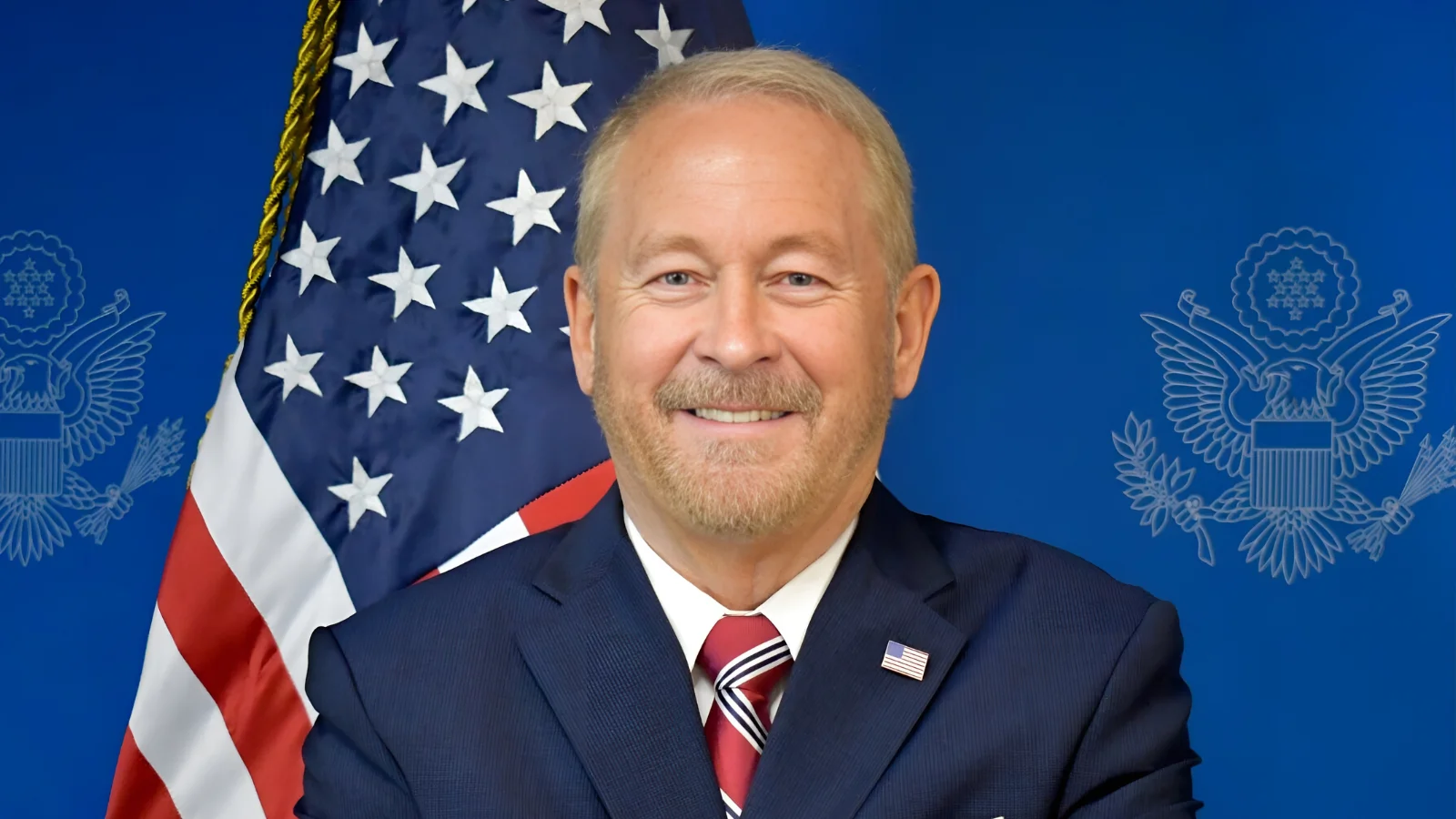The U.S. Department of the Treasury’s Office of Foreign Assets Control (OFAC) has announced new sanctions against two Mexican cartels, Carteles Unidos (also known as United Cartels) and Los Viagras, along with seven individuals associated with these groups. The action is part of ongoing efforts to address drug trafficking, terrorism, and extortion in Mexico’s agricultural sector.
According to Secretary of the Treasury Scott Bessent, “Today’s sanctions action draws further attention to the diverse, insidious ways the cartels engage in violent activities and exploit otherwise legitimate commerce. Treasury, alongside our partners in U.S. law enforcement, will continue to target every effort by the cartels to generate revenue for their violent, criminal schemes.”
This move aligns with recent indictments unsealed by federal grand juries in the District of Columbia and Eastern District of Tennessee against five individuals named in today’s announcement. The Department of State has also issued Narcotics Rewards Offers for information leading to their arrest or conviction.
Coordination for these sanctions involved several agencies including the Department of Justice (DOJ), Homeland Security Investigations (HSI), Drug Enforcement Administration (DEA), Federal Bureau of Investigation (FBI), and Mexico’s Financial Intelligence Unit (Unidad de Inteligencia Financiera).
Michoacan, a state in western Mexico that has seen intense competition among criminal organizations for territory and influence over drug trafficking routes, remains a focal point for cartel violence and extortion. These activities have affected both U.S. and Mexican interests.
On February 20, 2025, Carteles Unidos was designated as a Foreign Terrorist Organization by the U.S. Department of State under section 219 of the Immigration and Nationality Act and as a Specially Designated Global Terrorist pursuant to Executive Order 13224. OFAC now adds further sanctions under Executive Order 14059 due to activities contributing significantly to international illicit drug proliferation.
Carteles Unidos is linked to synthetic opioid production destined for the United States as well as acts of violence against civilians and law enforcement during conflicts with other groups such as Cartel de Jalisco Nueva Generacion (CJNG). Reports indicate that Carteles Unidos has recruited foreign mercenaries and used improvised explosive devices resulting in deaths among Mexican soldiers.
Los Viagras operates primarily out of Michoacan where it traffics methamphetamine and cocaine. The group has allied with CJNG in recent territorial disputes and engages in widespread extortion targeting avocado growers, citrus producers, cattle ranchers, local municipalities—sometimes even imposing fees on internet services at risk of death—and carries out kidnappings along with attacks on security forces.
Extortion by these cartels is prevalent throughout Michoacan's agricultural sector; farmers face demands for payments from cartel affiliates under threat of violence or property damage if they refuse or are unable to pay. In some cases where multiple cartels operate simultaneously, victims must make several extortion payments. Threats have also been made against U.S. agricultural officials resulting in temporary halts on avocado exports from Mexico to the United States. Additionally, some cartels have seized land or engaged in illegal logging practices to expand their own agricultural operations.
Among those sanctioned are four members associated with Carteles Unidos: Juan Jose Farias Alvarez (“El Abuelo”), identified as head; Luis Enrique Barragan Chavez (“Wicho”), regional leader involved in avocado-related extortion; Alfonso Fernandez Magallon (“Poncho”), recruiter for former Colombian military personnel; Edgar Valeriano Orozco Cabadas (“El Kamoni”), supervisor over hitmen within the organization.
Three leaders from Los Viagras were also sanctioned: Nicolas Sierra Santana (“El Gordo”), founder; Heladio Cisneros Flores (“La Sirena”), linked to murder charges; César Alejandro Sepulveda Arellano (“El Botox”), implicated in killing a citrus producer.
The sanctions freeze all property belonging to these individuals or entities within U.S jurisdiction or held by U.S persons. Entities owned 50 percent or more by one or more blocked persons are also subject to restrictions. All transactions involving blocked persons are generally prohibited unless authorized by OFAC through specific licenses or exemptions.
Violations can result in civil or criminal penalties for both domestic and foreign parties found engaging with sanctioned entities or individuals. OFAC retains authority not only to add but also remove names from its Specially Designated Nationals list when appropriate legal standards are met.
Further details about today's designations can be found at https://home.treasury.gov/news/press-releases/jy2124 .




